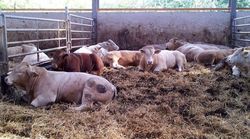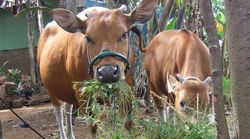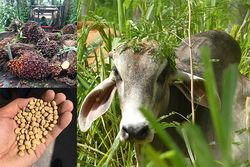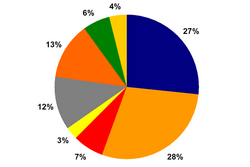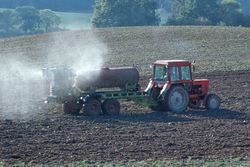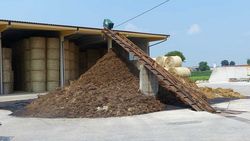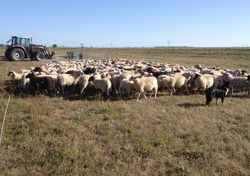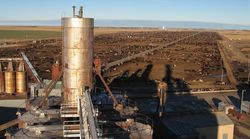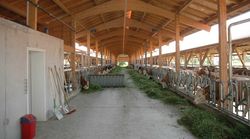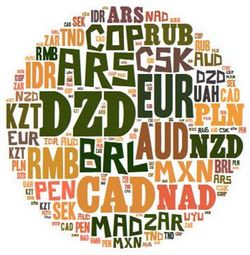The production of beef in Germany is closely linked to milk production, as a good 85 percent of the animals finished in the country come from dairy herds and only 15 percent from so-called suckler cows, in which the cows are not milked but instead raise a calf. In sheep farming, so-called “coupled products”, such as landscape maintenance, also play an economically important role. In the analysis and evaluation of economic questions, we therefore often include indicators that go beyond the core production.
Beef and sheep meat production in Germany has been in continuous decline for years, while at the same time consumption seems to have settled at stable levels. Cattle stocks are continuously decreasing due to the average increasing milk yield per cow. With about 1.1 million tonnes of annual production in 2021, German beef production ranks second in Europe behind France. Subsidies for beef production and export have been largely eliminated, but beef production in the EU still enjoys external protection in the form of an import tariff of about 60 percent.
Sheep farming in Germany plays a subordinate role economically. However, it makes an important regional contribution to the diversity of agricultural landscapes, e.g. in the maintenance of open cultural landscapes.
In this context, we are working on the following questions:
- How do political and legal framework conditions affect the competitiveness and production of beef and sheep meat?
- What influence do agricultural and trade policy measures have on beef and sheep meat production and how can farms adapt?
- How have costs, revenues and productivity developed in the past, what were the driving forces and in which direction will production develop in the future?
- What increases in production and productivity can be expected in the future at which locations in the world?
- How can the environmental balance and animal welfare be improved without jeopardising profitability?
It is obvious that most of these questions can only be answered in an EU-wide or global context. Therefore, most of the work is also taking place within the framework of the agri benchmark Beef and Sheep Network, which is coordinated by the institute.






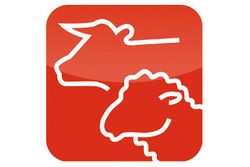
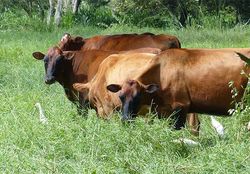
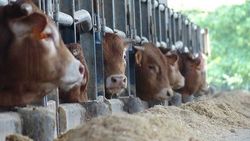
![[Translate to English:] InnoRind](/media/_processed_/7/c/csm_2532_Rind_ab_mitLogo_d3b7051c37.jpg)
